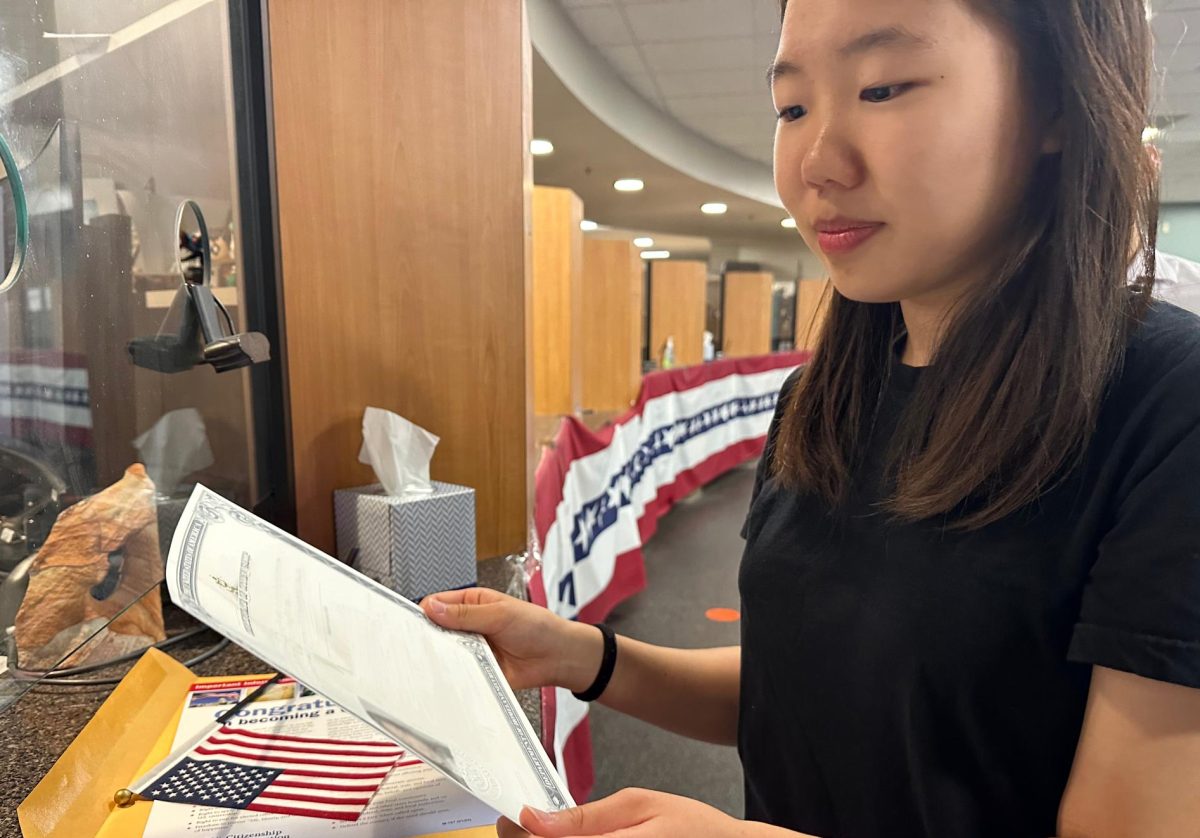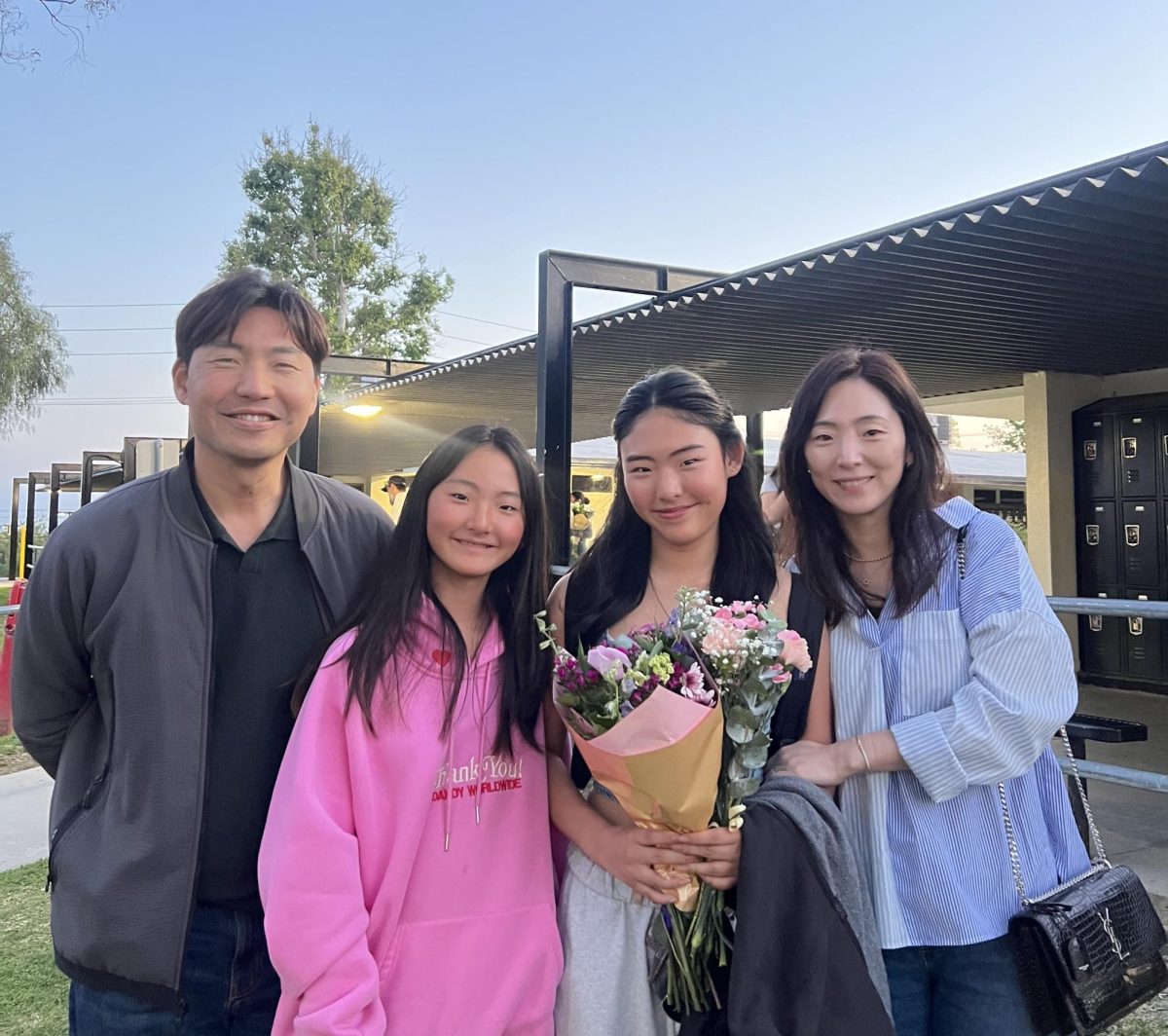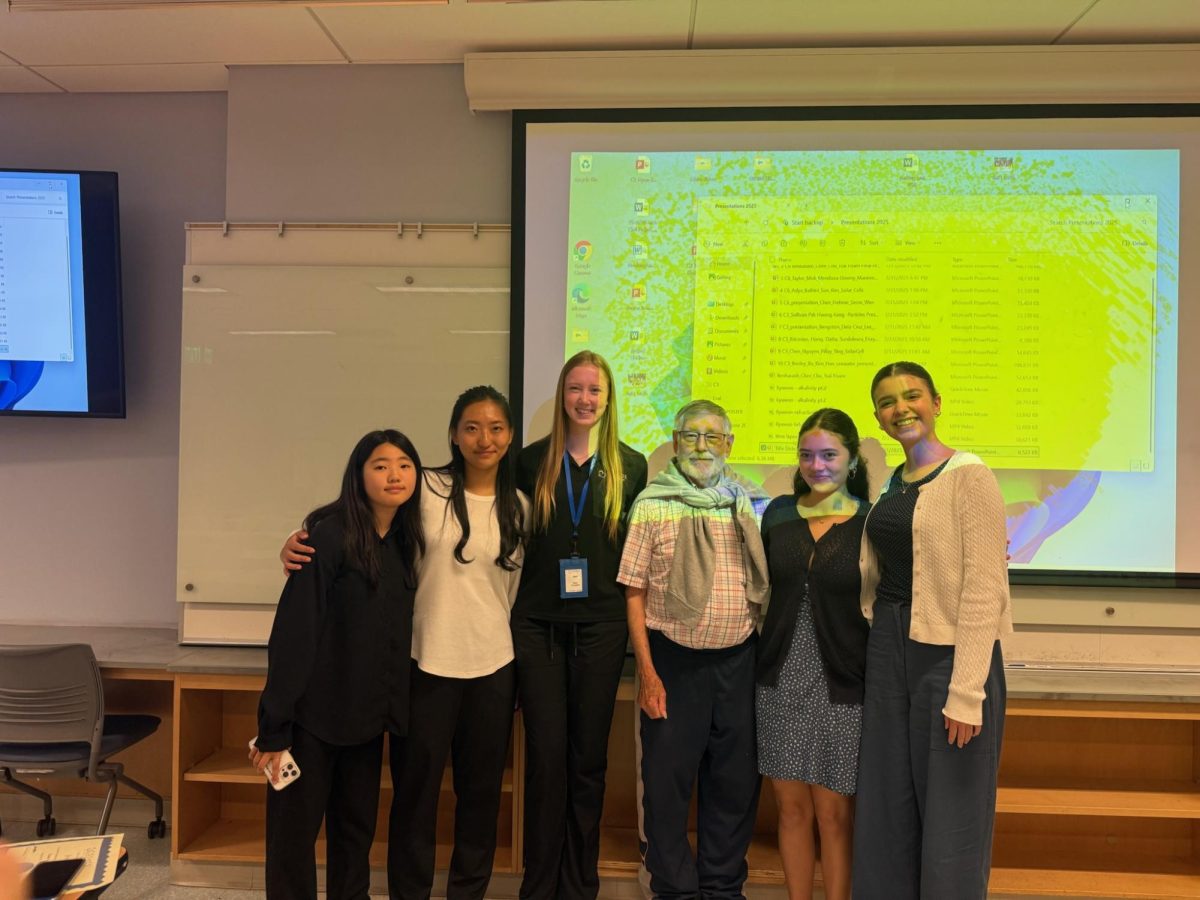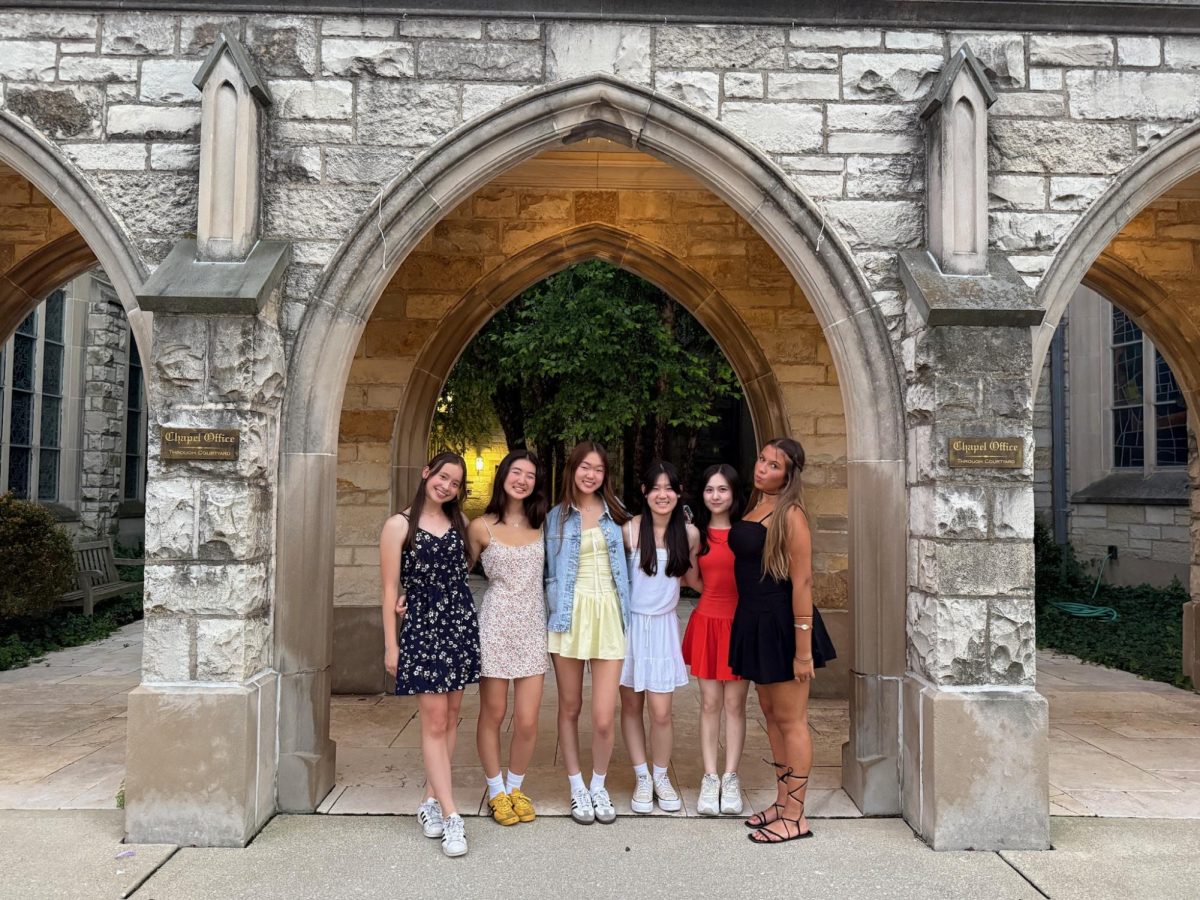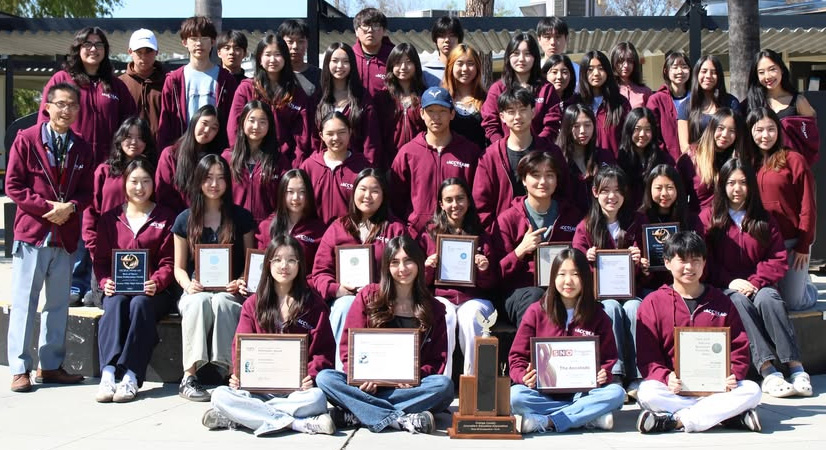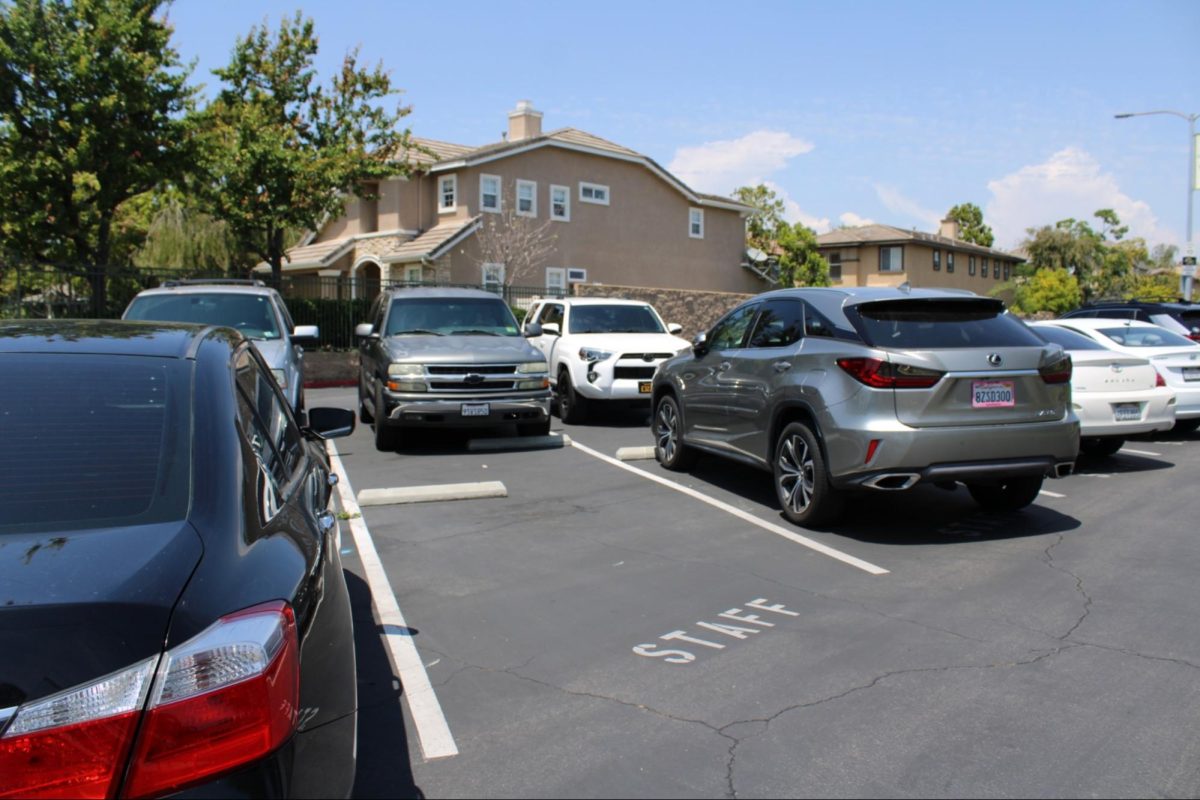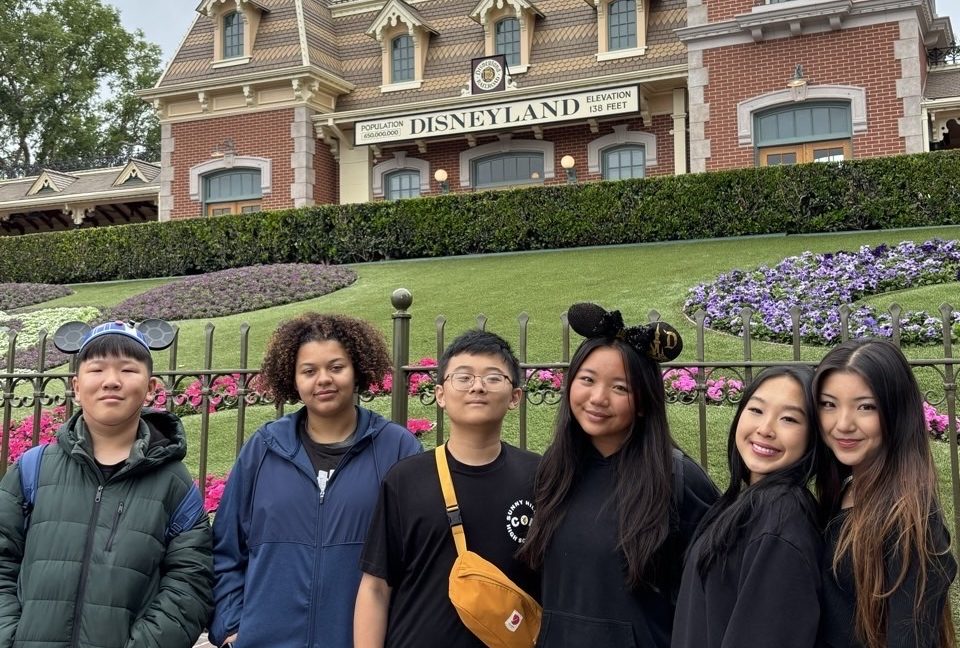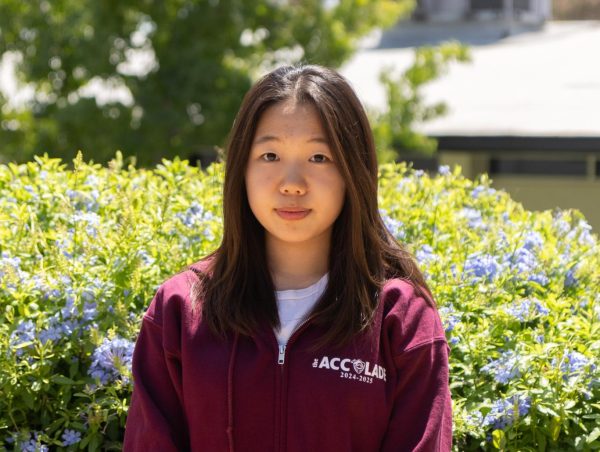“If you’re 18 by the time you’re a senior, you would be eligible to vote,” my Advanced Placement Human Geography [APHUG] teacher said to the class in my freshman year.
That was back in 2021. At that time, I knew I would be eligible in terms of age, but I would be disqualified from being able to register in California’s voter rolls because I was a South Korean citizen and not a U.S. one.
Two years later, as a junior, my parents decided to become U.S. citizens, which allowed me to become a naturalized one as well last November.
Because I was over 14 but under 18 last November, I was invited to an Oath Ceremony on Monday, Sept. 23, at the U.S. Citizenship and Immigration Services in Santa Ana. None of the family members knew what to expect or what the ceremony would entail walking in. Spotting the building out of the fancy federal structures in the Orange County capital, we found the “CITIZENSHIP” sign with a giant arrow pointing.
Facing a room full of patriotic decorations and American flags, I checked in. As I grabbed a seat, I received a letter from President Joe Biden and posters listing my rights as a U.S. citizen, including the ability to vote. A group of 20-30 minors stood to recite a paragraph-long Oath of Allegiance, and I finally received my Certificate of Naturalization.
It simultaneously felt surreal thinking I could now vote by meeting the minimum age exactly during the election year, unlike my assumption that I couldn’t do so four years ago while sitting in my APHUG class.
Especially with most seniors unable to vote yet, I’m excited for the lifetime opportunity to cast my ballot on Tuesday, Nov. 5. As a first-time voter, I’ve found myself pensive about the choices I need to make — both at the national and local levels.
I don’t strongly identify with any particular political party, but I’ve been leaning toward Kamala Harris for her stance on several issues. As an environmental advocate, Harris’ environmental policies resonated with me more than Donald Trump’s, and I believed she would better help regulate industrial pollution.
While I wasn’t fully aware or attentive that I could vote for local policies, learning more about each option in my practice ballot I received in my mail upon online registration to vote made me feel I have a say in our community improvements.
For example, I will vote “yes” for bond measure L to improve classrooms and foster better education and environment in the Fullerton Joint Union High School District, even though it may affect taxes. I’m excited to learn more about what other decisions I can influence in my local community.
Whether Kamala Harris sets a record as the first female president or Donald Trump returns to office, I feel I’m making part of history now as a citizen.



